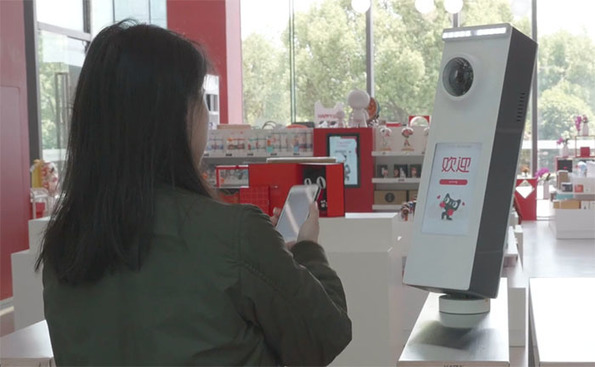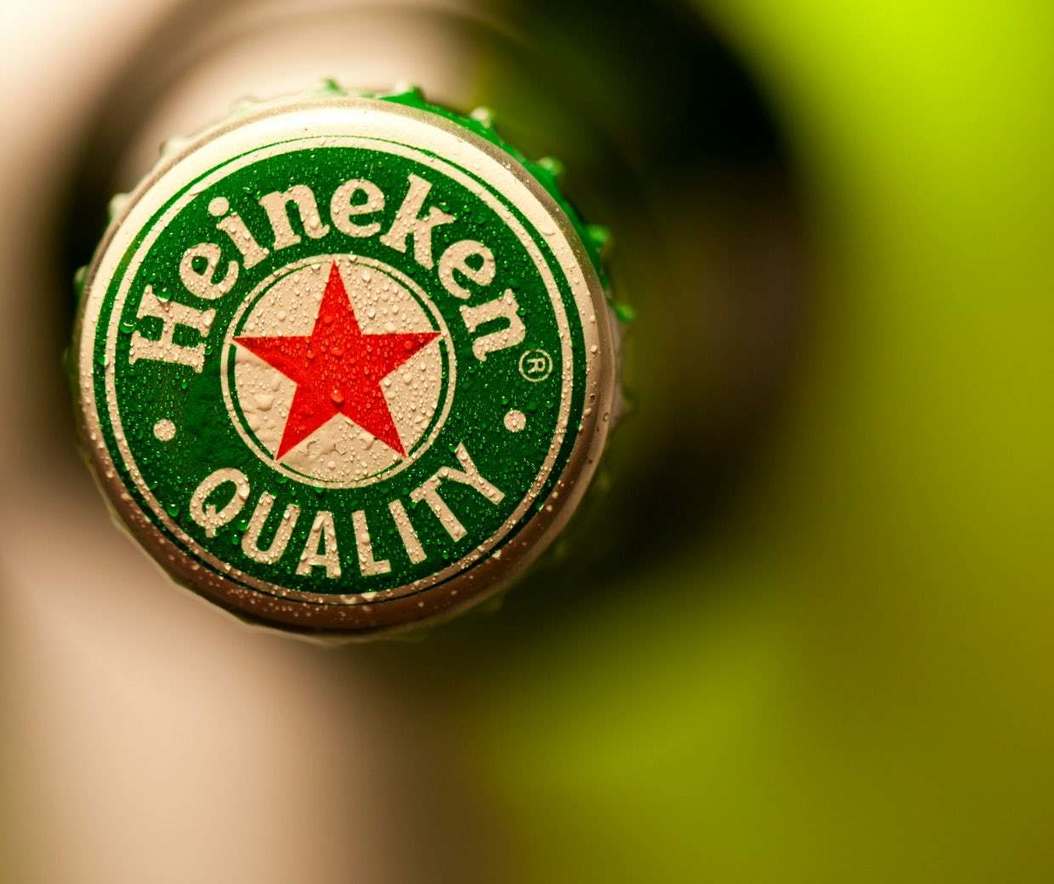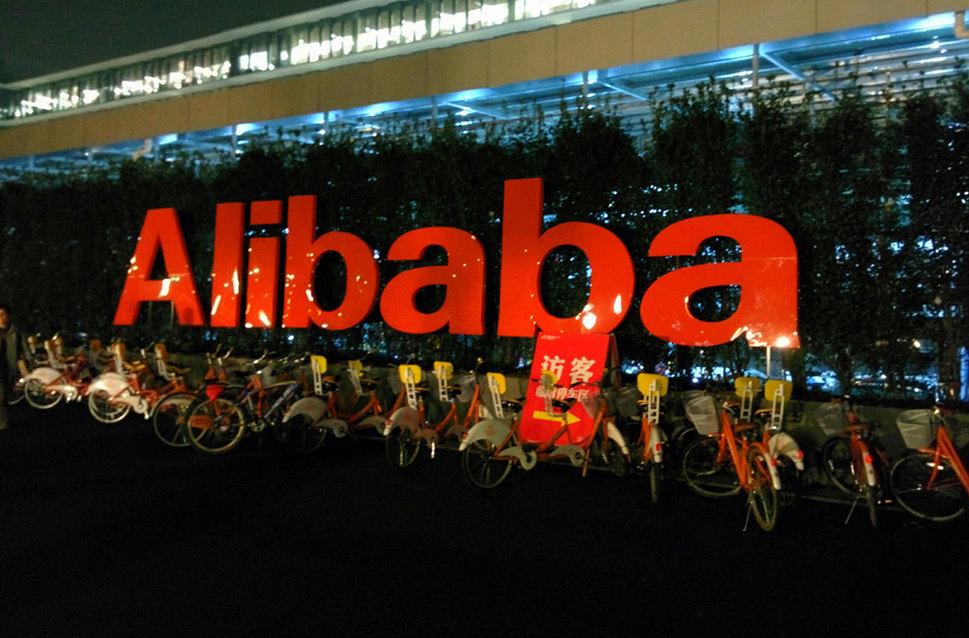Alibaba tests cashierless shopping at Futuremart China store
Amazon isn’t the only e-tailer offering cashierless brick-and-mortar stores. Alibaba’s new Futuremart store in Hangzhou, China, demonstrates its cutting-edge tech and possible scenarios for the future of shopping. Customers enter the store where facial recognition technology provides identification, while they can scan a QR code with their Taobao, Tmall or Alipay apps so they can shop. In another twist on facial recognition, the “Happy Go” happiness meter offers discounts for smiling. When you’re done shopping, they just walk out. Facial recognition and RFID technology at the exit confirm identification so Alipay can process the transaction.










